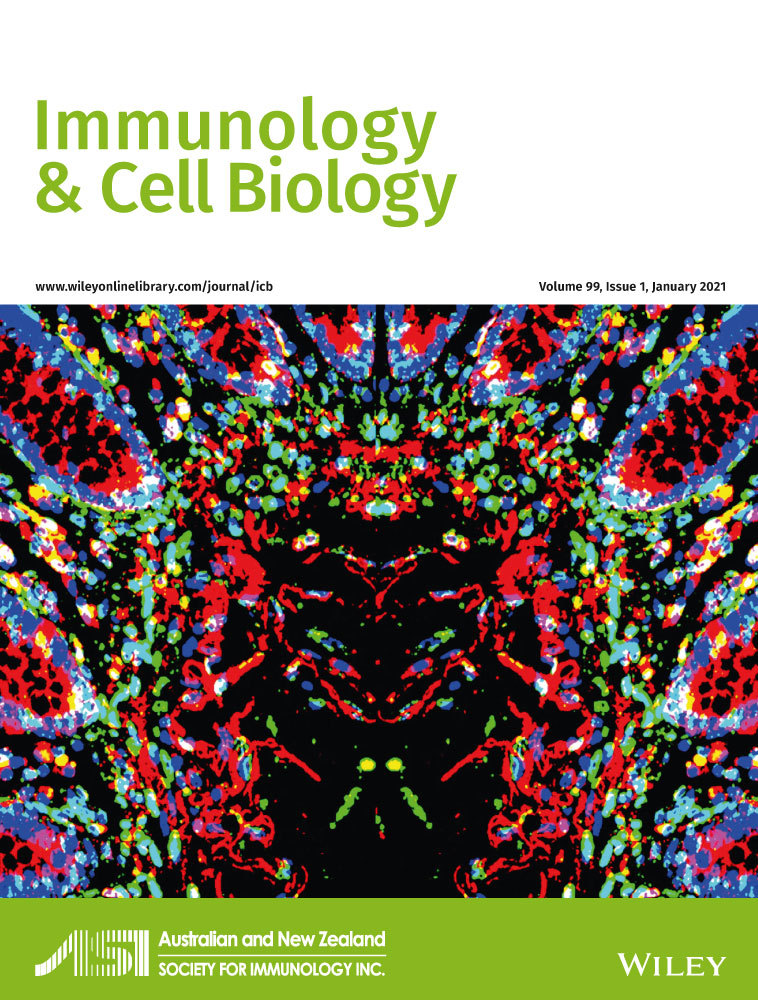Lipoic acid modulates inflammatory responses of monocytes and monocyte-derived macrophages from healthy and relapsing-remitting multiple sclerosis patients
Abstract
Multiple sclerosis (MS) is a disabling neuroinflammatory disease. Its etiology is unknown, but both oxidative stress and inflammation appear to be involved in disease pathology. Macrophages are the predominant cell type in acute inflammatory brain lesions in MS. Macrophages produce proinflammatory and toxic molecules that promote demyelination and are key players in phagocytosis/degradation of myelin sheathes. Lipoic acid (LA) is an inexpensive, endogenously produced small molecule that exhibits antioxidant and anti-inflammatory effects. Treatment with LA is protective in MS and other inflammatory diseases. To examine the mechanism(s) by which LA may attenuate inflammatory lesion activity in MS, we used healthy control and MS cells to evaluate the effects of LA on levels of inflammatory cytokines, phagocytosis and the immunomodulator cyclic adenosine monophosphate (cAMP) in monocytes and monocyte-derived macrophages (MDMs). LA treatment resulted in a generally less inflammatory phenotype of monocytes and MDMs from healthy controls, and (to a lesser degree) MS donors. LA inhibited monocyte secretion of cytokines relevant to MS in monocytes, including tumor necrosis factor-α (TNF-α), interleukin (IL)-6 and IL-1β; LA effects on secretion of these cytokines in MDMs were mixed with inhibition of TNF-α and IL-6, but stimulation of IL-1β, the latter perhaps as a result of altered macrophage polarization. LA inhibited phagocytosis in both monocytes and MDMs, and increased cAMP levels in monocytes. LA may modulate inflammatory cytokine secretion and phagocytosis via a cAMP-mediated mechanism.
Conflict of Interest
RIS has received personal compensation from TG therapeutics. The remaining authors declare that they have no conflict of interest.





